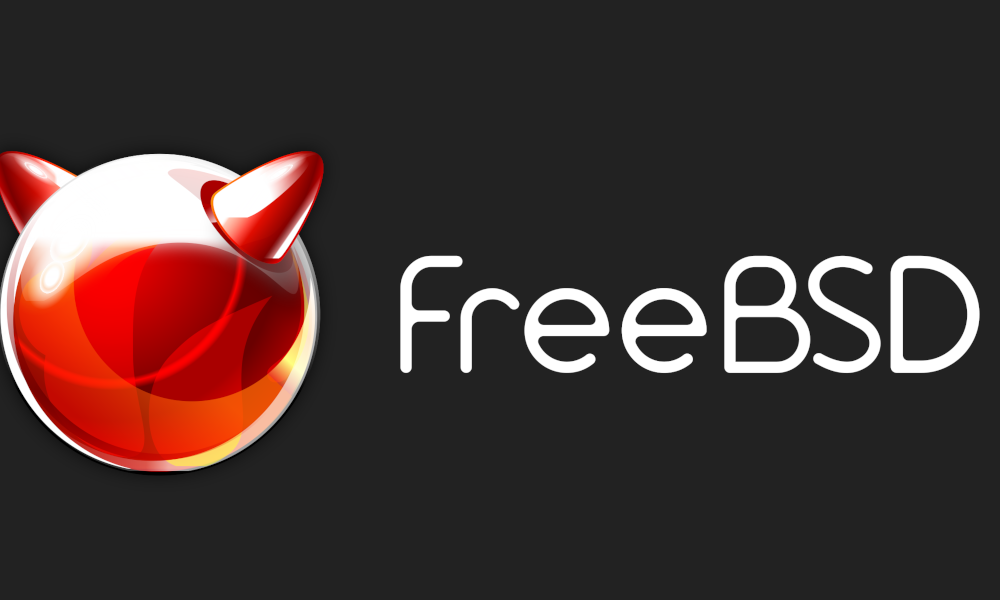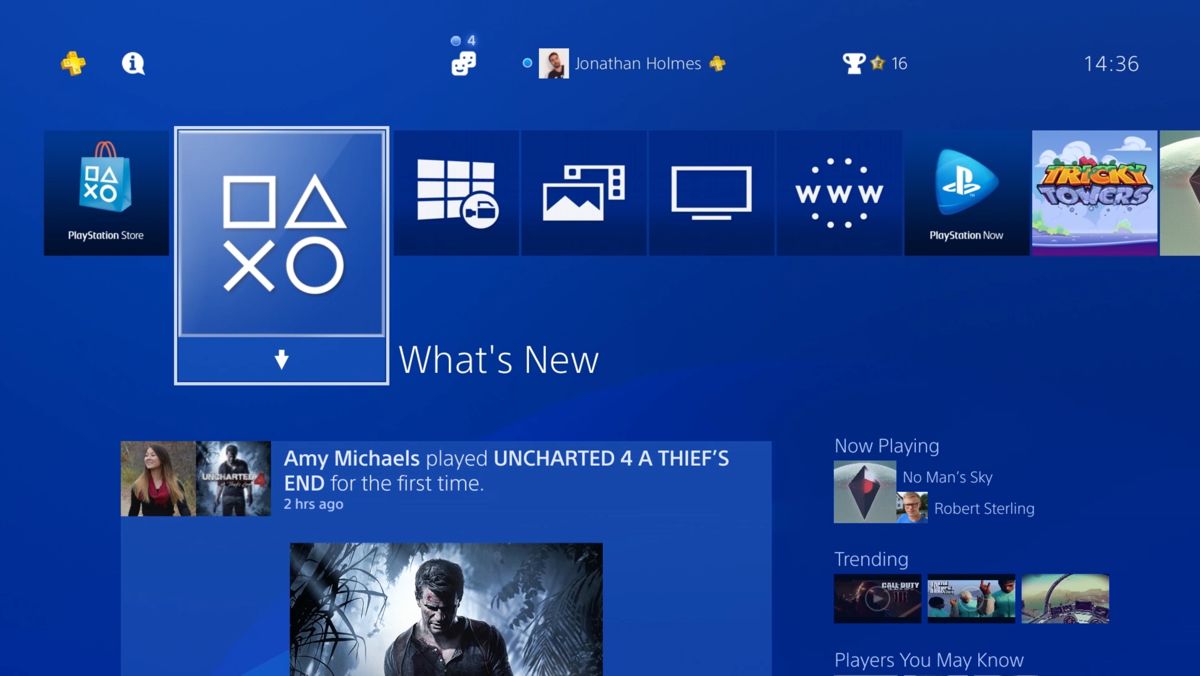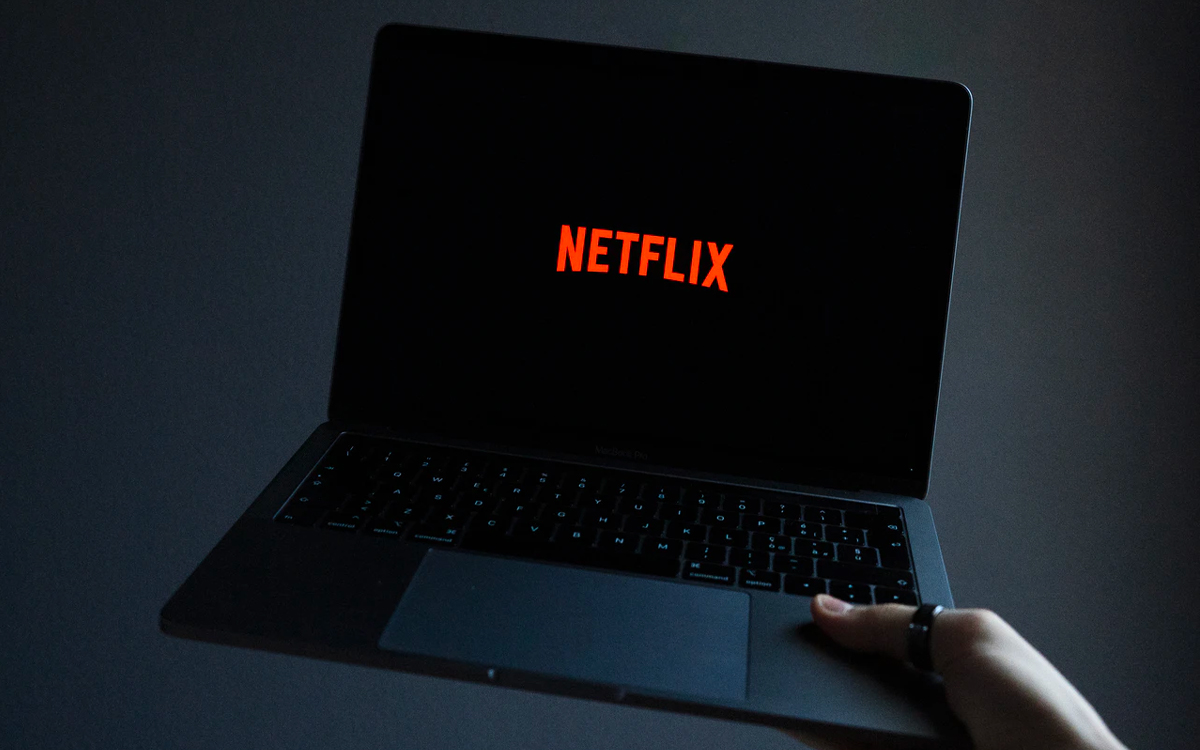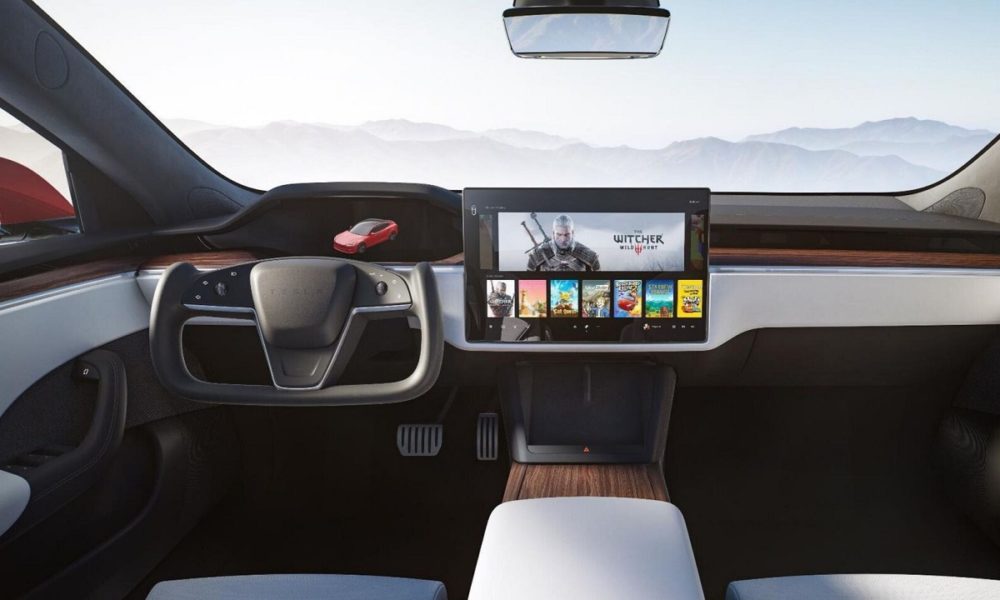
FreeBSD is the most popular member of the BSD family of distributions, which is made up of Unix-like operating systems that descend from Berkeley Software Distribution (Berkeley Software Distribution in English). For many, this operating system sounds like something aimed at people with an extremely geekybut in reality, indirectly, it is much more present in homes than we imagine.
FreeBSD was officially released in November 1993 and is considered the most direct rival to Linux, a system with which it has some similarities, but also clear differences. The first difference is in the fact that FreeBSD is a complete operating system, whereas Linux, if we stick to just Linux without covering the GNU project tools, is just a kernel with its drivers. The second most notable difference lies in the licences, and that is that while in GNU/Linux the GPL licenses are the dominant ones, FreeBSD is released under a license commonly called Two-Clause BSD or FreeBSD, which is very permissive and allows the creation of proprietary derivatives..
More than one considers FreeBSD as a true Unix operating system, however, to be that officially you have to pay for copyright, so as long as those responsible do not do that, you have to settle for the label Unix-like or “Unix-like” . Another notable difference that it has compared to its direct rival is that develops under more conservative and academic policieswhile GNU/Linux has had a more commercial approach (especially in servers) and has been much more open to disruptive changes, which has widened the technological difference between the two.
FreeBSD has recently gained some sympathy among followers of the Unix philosophy and free software who are disenchanted with GNU/Linux, especially due to the expansion of a component called systemd. Defenders of the Unix philosophy accuse systemd of being too complex and breaking the principles they defend, while some followers of free software expose three quarters of the same because, according to their version, it is a component that reduces the freedom of user choice. Of course, systemd is published under the LGPLv2.1 license, so it is free software and is present in distributions endorsed by the Free Software Foundation such as Trisquel and PureOS.
However, complaints about the complexity of systemd, which is present in distributions such as Ubuntu, Fedora, openSUSE, Manjaro, Debian, Arch Linux, and SteamOS, are well founded, especially considering that there is no consensus on what systemd is. really. The definitions at stake are a init bloated that does or hoards things it shouldn’t, a software suite, a system manager, and a framework system (framework). Far from wanting to establish a debate, it is possible that several of these definitions are true at the same time.
Going back to the topic that really concerns us, FreeBSD’s conservative approach has prevented it from being the success of GNU/Linux at the desktop level (although the latter isn’t really a hit either, at least for now). In fact, the BSD family survives on the desktop mainly by recycling what GNU/Linux can, so we find the presence of desktops like KDE Plasma, Xfce and MATE and, among other things that have arrived in a similar way, a reimplementation of AMDGPU, the official AMD driver present in the Linux kernel for Radeon graphics cards of GCN architecture and later.
However, the fact that FreeBSD is not a success in the desktop sector (at least in its original form) does not mean that it is not present in any way in our homes and what is more, possibly more than one is surprised by how far it has come. arrived as a technological base.
FreeBSD, a much more extensive technological base than you imagine
The fact that FreeBSD is almost non-existent in the domestic market does not mean that some of its derivatives have not gone very far, so I will proceed to mention them.
PlayStation
Surprised? The operating systems of the PlayStation 3, PlayStation 4 and PlayStation Vita consoles derive from FreeBSD and everything seems to indicate that the situation is the same with PlayStation 5. The reasons why Sony takes it as a base are its permissive license, which allows it to close the source code without having to explain to anyone, and the fact that as operating system is quite mature, despite not being a success on the desktop.
It is important to bear in mind that the fact that the operating systems of the latest generations of PlayStation derive from FreeBSD does not mean that, at least initially, they can be used as the original material, since Sony has been in charge of introducing a large number of modifications and own components that have transformed them into very different products.
nintendoswitch
The other Japanese gaming giant has also decided to take FreeBSD as the basis for the operating system of its latest console, something that it will very possibly repeat for its next-generation device.
At this point, it doesn’t hurt to remember Nintendo’s intentions to use Cyanogen, a derivative of the Android Open Source Project (AOSP), as the operating system for the Switch. However, the company responsible for the system did not want to, a decision that possibly ended up being his sentence. Alternatively, the Big N of video games took FreeBSD, some Android components and ended up making what more than a hundred million people have in their homes.
AOSP is published mainly under the Apache 2 license, which also allows the creation of proprietary derivatives by not forcing the redistribution of the source code, which GNU/Linux does require with the different variants of the GPL.
Apple operating systems
I’m beating around the bush a bit here, but yes, Apple’s operating systems, including macOS (formerly OS X) and iOS, have borrowed parts of FreeBSD, which are implemented in the Darwin kernel.
Darwin, which is largely published as open source under the Apache 2 license, can be understood as the skeleton of the operating systems macOS, iOS, watchOS, tvOS, iPadOS and bridgeOS. It is made up of code derived from NeXTSTEP, BSD, Mach, other open source projects and contributions from Apple itself. Among Darwin’s components is XNU, a hybrid architecture kernel that uses various elements from FreeBSD..
As I said, to say that Apple’s operating systems derive from FreeBSD is blowing the air too high, but they did take some parts of it.
The consequences of a permissive license
As we see, there are some derivatives of FreeBSD that are much more present in our homes than we imagine, but even many people who are computer literate are unaware of this. The origin is, obviously, in the two-clause BSD license under which the system is published, which allows the creation of proprietary derivatives.
The possibility of creating proprietary derivatives allows those who take FreeBSD as a base to “erase” the branding of the original project, since, as the derivative is proprietary software, the developers do not have to be accountable to anyone beyond complying with the current law. This clashes with the GPL licenses that are prevalent in GNU/Linux, since these force the redistribution of the source code in all derived software and therefore show or at least indicate the origin of the products.
The circumstances around FreeBSD cause the project to suffer from strong parasitism and much less financial support than Linux receives.. Despite the fact that Sony and Nintendo have made gold using that system as a base to build the software for their consoles, the Japanese giants are not known to be active contributors to the original project, both from the point of view of development and the financial contribution.
What’s more, Sony has bothered to give Linux official support for DualSense, DualSense Edge and DualShock 4, to which must be added its status as a gold member of The Linux Foundation. In other words, Sony makes money off of FreeBSD and then contributes to Linux.
Conclusion
If we look at FreeBSD as a technology base rather than just an operating system, it’s obvious that it has been quite successful in home computing. However, its permissive license has caused it to go unnoticed by most people, even among many people who have some knowledge of computers.
Since the people behind the project uphold the permissiveness of the two-clause BSD license, there is no choice but to ask those who benefit from FreeBSD to contribute something to the original project in order to help develop and maintain it.








